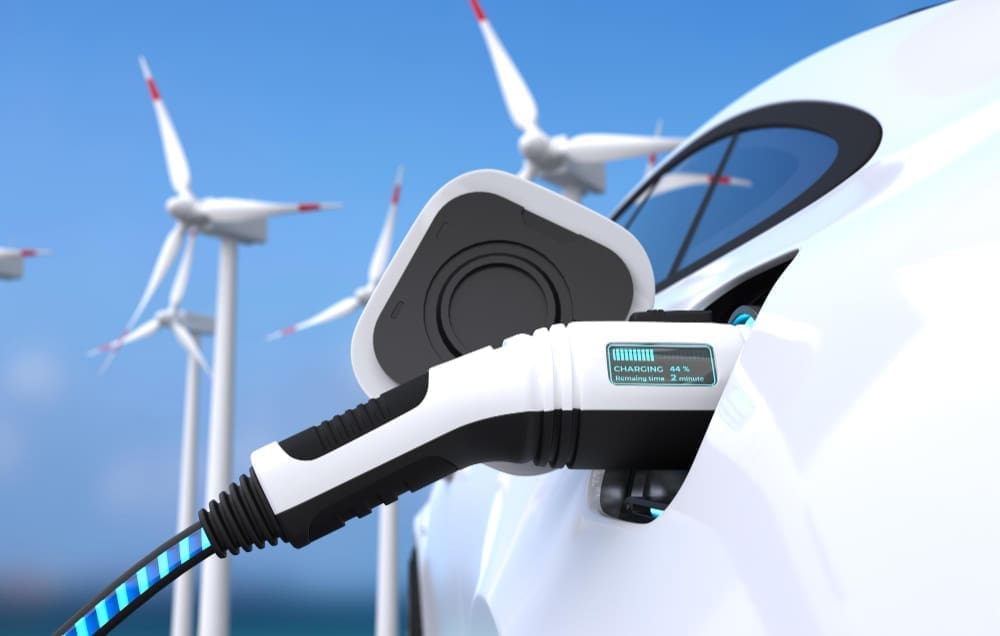Green hydrogen has numerous applications across multiple industries, from decarbonising steel to fertiliser production, fuelling heavy transport, storing renewable energy for grid stability, and supplying cleaner feedstock to refineries and chemical plants. However, beyond these use cases, it also has the potential to provide a clean energy source to power future technology, with far-reaching implications for both industry and society.
Technology driving energy demand
Technological innovation is accelerating at a rapid pace, from cloud computing to generative AI, robotic-assisted healthcare and autonomous vehicles. While each breakthrough is a potential revolution, it also comes at an increased cost in terms of electricity consumption. Data centres are multiplying across the world, consuming vast amounts of power to support AI training and applications.
Hospitals are adopting robotics, mixed reality neurosurgery, and AI-driven diagnostics, which require stable, round-the-clock energy. Even the space sector is exploring green hydrogen, with rockets already being tested on hydrogen propulsion systems. All these advancements share a common factor – they need reliable, uninterrupted, and clean power in ample supply.
Fuel cells for the future
Green hydrogen fuel cells offer significant potential as a clean, reliable alternative to meet rising energy demands. They produce zero emissions at point of use, deliver high efficiency and can be applied across diverse sectors, from heavy transport to stabilising hospital power systems. Unlike fossil fuels, they support climate commitments, and unlike grid power, they are not constrained by load shedding or utility monopolies, making them especially valuable in environments where uninterrupted power is critical.
The technology sector represents one of the most promising opportunities for adoption. While hydrogen is often linked to fertiliser, steelmaking or transportation, the fastest-growing energy demand globally comes from data centres and AI. Generative AI models, in particular, require significant amounts of electricity to operate, and green hydrogen fuel cells could provide a scalable, clean energy source. By serving this emerging demand, the tech industry could become a major offtaker, accelerating hydrogen adoption while supporting broader climate goals.
Unlocking economic potential
Green hydrogen fuel cells are a promising power source, but several hurdles remain for widespread adoption. Production costs are still high, infrastructure for storage and distribution is limited, and many countries continue to focus on exports rather than domestic use. It is also essential to consider the circular economy from the outset: although fuel cells have long lifespans, they eventually degrade, so sustainable recycling or repurposing models must be developed.
For Africa, overcoming these challenges represents not only an energy solution but a major economic opportunity. Investment in a hydrogen ecosystem can drive job creation, skills development, and industrialisation, shifting the workforce towards higher-value, knowledge-based roles aligned with the fourth industrial revolution. The hydrogen economy can underpin both technological growth and inclusive development, which are critical for Africa to compete on a global stage.
Building the foundation for a sustainable future

To unlock this potential, governments must update policies to encourage domestic hydrogen markets rather than focusing only on exports. Industry players need to widen their view of offtakers, recognising the critical role of technology in future demand. At the same time, innovators must continue improving efficiency and integrating circular economy principles into fuel cell design. The energy choices made today will shape the future of AI, robotics, healthcare and beyond, and green hydrogen fuel cells provide an opportunity to power the future sustainably and economically.
At the recent DEVAC Hydrogen conference, Viren Sookhun, Managing Director for Africa and the Middle East at Workforce Staffing, delved into the role of green hydrogen fuel cells in the future of technological advancements such as AI, Robotics and Healthcare.

